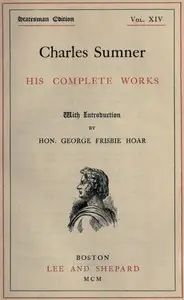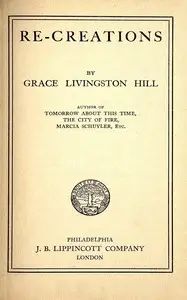"White Slavery in the Barbary States" by Charles Sumner is a historical account written in the mid-19th century. The work explores the horrific existence of white slavery in the Barbary States, with a particular focus on Algiers, where Christians were subjected to brutal conditions of servitude. Sumner seeks to illuminate this dark chapter of history, likely aiming to draw parallels with contemporary issues of freedom and justice. The opening of the book sets the stage for a thorough examination of the institution of white slavery, describing it as a moral stain on civilization. Sumner employs historical references and vivid imagery to accentuate the barbarity of this practice, presenting it alongside a critique of similar injustices in his time. He outlines the geographical and cultural significance of the Barbary States, explaining how the dynamics of power, war, and trade facilitated the enslavement of Christians. The introduction establishes a framework for analyzing both the origins and consequences of this custom, while hinting at the author’s broader agenda of advocating for humanity and freedom. (This is an automatically generated summary.)

White Slavery in the Barbary States
By Charles Sumner
"White Slavery in the Barbary States" by Charles Sumner is a historical account written in the mid-19th century. The work explores the horrific existe...
Charles Sumner was an American lawyer, politician, and statesman who represented Massachusetts in the United States Senate from 1851 until his death in 1874. Before and during the American Civil War, he was a leading American advocate for the abolition of slavery. He chaired the Senate Foreign Relations Committee from 1861 to 1871, until he lost the position following a dispute with President Ulysses S. Grant over the attempted annexation of Santo Domingo. After breaking with Grant, he joined the Liberal Republican Party, spending his final two years in the Senate alienated from his party. Sumner had a controversial and divisive legacy for many years after his death, but in recent decades, his historical reputation has improved in recognition of his early support for racial equality.


















